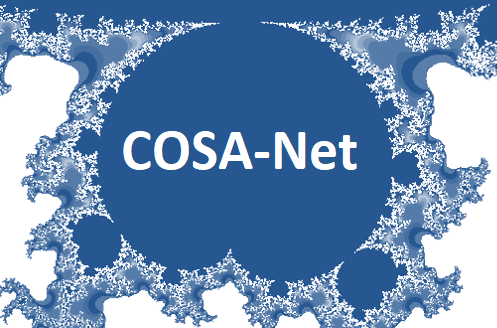History
During the last 30 years a wide variety of research and educational initiatives have materialized worldwide, and particularly in Greece, under the names of Nonlinear Dynamics, Nonlinear Science and more recently Complexity Science. This science was initially based on great mathematical discoveries, during the decades 1960 – 1980, in the fields of Chaos Theory and Geometry of Fractals. Along with the theoretical results, a wide spectrum of computational platforms and experimental discoveries emerged in physical, biomedical, socio-economic and technological complex systems. These systems present common characteristics such as: abrupt changes from periodical to “chaotic” behavior, irregular statistical properties, loss of predictability and onset of self-organization, primarily due to spatial complexity arising in the form of self-similarity of their geometrical structure in many scales.
This scientific activity has exploded in the last two decades, resulting in the foundation of many Research Institutes of Complex Systems in the U.S.A. (Center for Nonlinear Studies, Los Alamos, Institute for
Complex Systems, Santa Fe), Europe (Center for Nonlinear Phenomena and Complex Systems, Brussels, Center for Nonlinear Systems, Nice (Sophia Antipolis), Center of Complexity, Warwick, UK, Istituto dei Sistemi Complessi, Roma, Max Planck Institute for Complex Systems Dresden, Complexity Science Hub Vienna) and elsewhere. Dozens of new journals appeared, and hundreds of new books were published, followed by the organization of a growing number of international congresses, summer schools and postgraduate programs on issues related to Nonlinear Dynamics and Complex Systems Science.
In Greece, Complexity related activities also thrive at a number of Universities and Research Centers in Athens, Patras, Thessaloniki, and other cities. Thus, the need for a better organization and communication regarding these developments led to the foundation of the COSA-Net group at the NCSR “Demokritos”, Athens.
